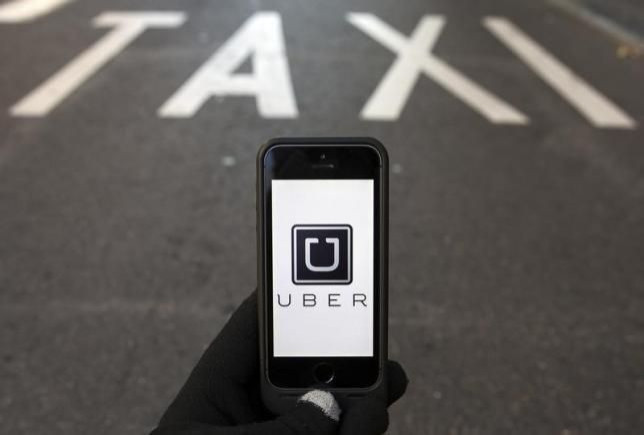South Korea To Ban Taxi Services By Private Drivers In Blow To Uber

South Korean lawmakers passed a bill early on Friday to ban taxi services provided by private drivers, marking what is likely the first nationwide legislation to outlaw Uber Technologies Inc's low-cost uberX service.
The ban, which will take effect by the year-end, marks the latest setback for the U.S. company. Though the firm has expanded rapidly and commands a valuation of around $40 billion, its business practice of matching passengers with private drivers without a taxi license has triggered legal and regulatory battles across the globe.
"Uber respects this decision by the National Assembly and looks forward to continuing its conversations with Seoul City on how to best serve Seoul and its citizens within the legal framework allowed by Korean Law," the U.S. company said in a statement to Reuters ahead of the floor vote.
The move may be largely symbolic, however: Uber suspended its uberX service in Seoul in March following a backlash from authorities and taxi unions, and local competitors match riders with taxi drivers only.
Uber founder and Chief Executive Travis Kalanick, as well as the Korean subsidiary, were indicted by local prosecutors in December, while the Transport Ministry rejected Uber's February proposal to create a separate registration system for its drivers.
The company faces regulatory scrutiny elsewhere: an Italian court on Tuesday banned Uber's uberPOP service and others that match private drivers with passengers, adding to a growing list of challenges it faces in Europe.
Authorities in the southern Chinese city of Guangzhou also raided the U.S. firm's local office on suspicion of "unlicensed operation."
The firm also pulled out of the Kansas after the state's lawmakers pushed through a bill imposing stricter regulations.
Uber still offers two services in South Korea: uberTaxi, which matches users with licensed taxi drivers, and the upscale UberBLACK service that can only be used by certain types of passengers including those with disabilities, foreigners, or people 65 and older based on local rules.
© Copyright IBTimes 2024. All rights reserved.











